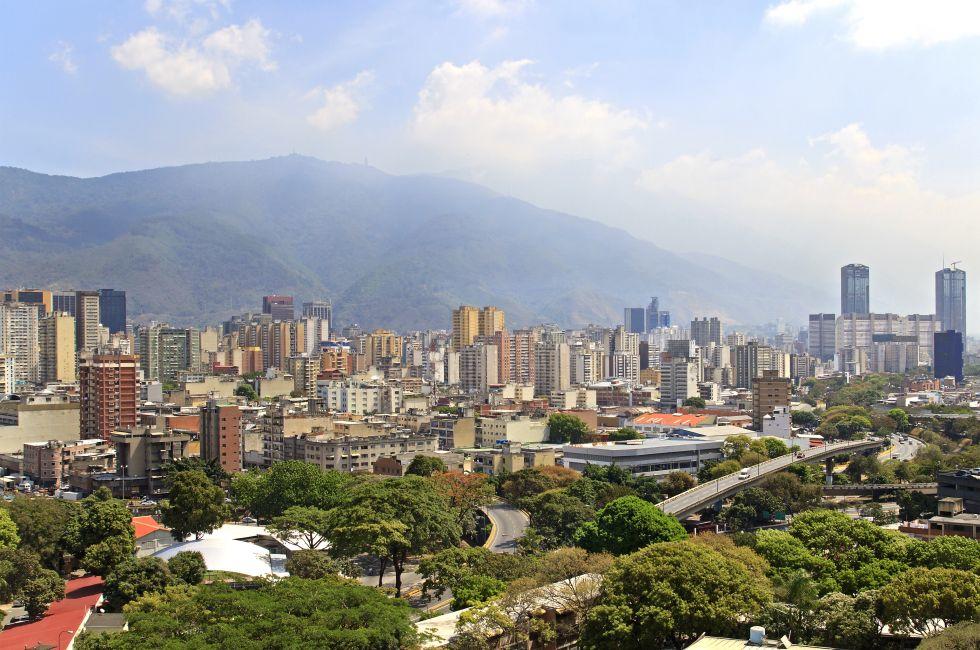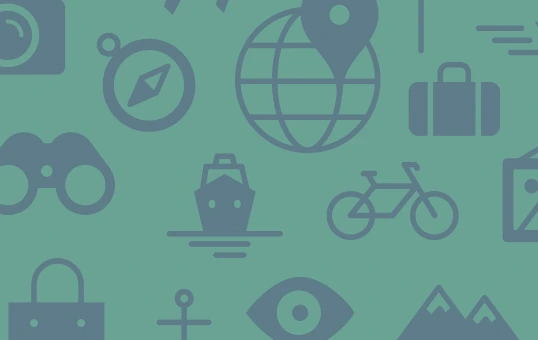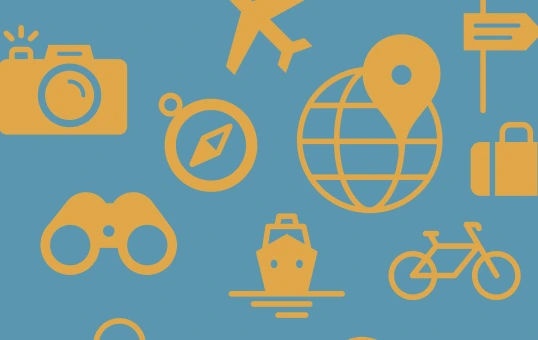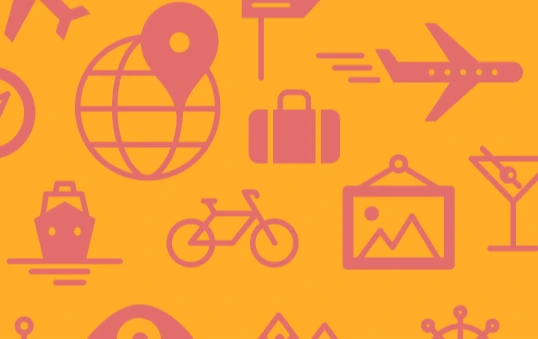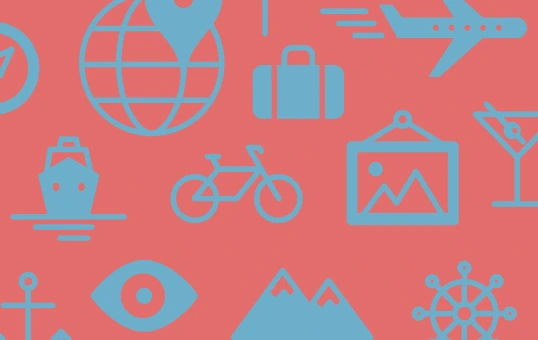Beyond the dramatic front-page news concerning the policies of President Hugo Chávez lies a lush, welcoming Venezuela—one of tropical jungles, diverse wildlife and birds, and, of course, that gorgeous turquoise Caribbean water. Though most people discuss this country's politics more often than these impressive attributes, most Venezuelans will tell you, when asked, that theirs is the most plentiful and gorgeous of all the South American countries—one with luscious chocolate, rich coffee, flavorful rum, miles and miles of breathtaking Caribbean shores, sizzlingly hot women (just turn on the TV come Miss Universe season), and let's not forget that thick, rich substance the world seems to love so much: oil.
Not so many years ago, the 2,750-km (1,700-mi) Venezuelan coastline was the f...
Read MoreBeyond the dramatic front-page news concerning the policies of President Hugo Chávez lies a lush, welcoming Venezuela—one of tropical jungles, diverse wildlife and birds, and, of course, that gorgeous turquoise Caribbean water. Though most people discuss this country's politics more often than these impressive attributes, most Venezuelans will tell you, when asked, that theirs is the most plentiful and gorgeous of all the South American countries—one with luscious chocolate, rich coffee, flavorful rum, miles and miles of breathtaking Caribbean shores, sizzlingly hot women (just turn on the TV come Miss Universe season), and let's not forget that thick, rich substance the world seems to love so much: oil.
Not so many years ago, the 2,750-km (1,700-mi) Venezuelan coastline was the first glimpse of the country for almost all visitors. Christopher Isherwood, who arrived here on an ocean liner in 1950, wrote that "its mountains rose up sheer and solemn out of the flat sea, thrown into massive relief by tremendous oblique shafts of light from the rising sun. The gorges were deep in crimson shadow, the ridges were outlined in dazzling gold."
For natural beauty, Venezuela is indeed a land of surprising diversity. In the Caribbean you'll find Los Roques, which has the most spectacular snorkeling and diving in the region. Some of the islands that make up the archipelago virtually disappear with the high tide. Closer to the mainland is lovely Isla Margarita, a popular destination for sun-seeking Venezuelans, Brazilians, Europeans, and, increasingly, North Americans.
In the country's western reaches, snow glistens year-round in the northernmost fingers of the Andes. The longest and highest cable-car system in the world provides stunning views of the surrounding mountainside. The Río Orinoco, mustering its might from a million sources in Colombia and Brazil, meanders through the broad grasslands that cover about a third of the country. You'll spot brilliantly colored tropical birds that are found only here, including the rare jabiru stork. In the far southeast, flat-top mountains called tepuis tower over Parque Nacional Canaima. These same geological formations inspired Sir Arthur Conan Doyle's novel The Lost World. The park is also home to the world's highest waterfall, Angel Falls, which plummets over 2,647 feet into a bizarre landscape of inky black lagoons and rare plant life.
For hundreds of years Venezuela was grindingly poor, disregarded because it lacked the mineral riches of neighbors such as Peru and Ecuador. Then in 1914 huge deposits of oil were discovered in what was thought to be a barren region near Lago Maracaibo. Venezuela, one of the founding members of the Organization of Petroleum Exporting Countries (OPEC), would be the world's largest oil exporter for the next 50 years. Sleepy towns transformed into booming metropolises, and the country continued to grow with the energetic impatience of its youthful population (about 70% are under 35 years old).
Two failed coups in 1992 marred Venezuela's reputation as South America's most enduring democratic state. In an ironic twist, the 1998 elections saw the leader of the attempted takeovers, Hugo Chávez, swept into office. He won strong support from the poor for his promise of fairer wealth distribution, but has angered middle and upper classes over his populist policies. In early 2003, a 63-day nationwide strike calling for Chávez's ouster crippled the country and choked its lifeblood of petroleum, ending with an uneasy impasse between the two sides. More recently, Chávez saw a major loss when voters rejected a proposed referendum that, among many other changes, would have granted the president indefinite re-election. Chávez has also officially changed the name of the country from Venezuela to La Republica Bolivariana de Venezuela (or the Bolivarian Republic of Venezuela). And in early 2008 the currency of the country was changed from the bolívar to the bolívar fuerte (or the "strong bolivar"), colorful new paper money and coins included. With the new currency three zeroes were dropped: 1,000 bolívares became 1 bolívar fuerte. This was an attempt on the government's part to minimize inflation, but many economists remain dubious that the change will help.
Find a Hotel
Top Destinations
Top Destinations
All Destinations
Expand All Collapse All
Recent Forum Posts
Recent Forum Posts
-
M
Logistics to reach Angel Falls in Venezuela
Mishyq started May 24, 2016 |Last reply Jun 7, 2016 1 replies 2152 views -
M
Is it safe to backpack in venezuela?
Merrychristmas started Oct 2, 2012 |Last reply Sep 23, 2014 7 replies 2475 views -
F
VENEZUELA : avoid POSADA La CASITA and GEKKO TOurs in Ciudad Bolivar
Fabienne started Feb 4, 2014 |Last reply Sep 23, 2014 4 replies 1762 views -
S
Where to start when I want to travel to Venezuela from Philippines?
Shreya12 started Jan 22, 2013 |Last reply Jan 3, 2014 4 replies 1433 views
